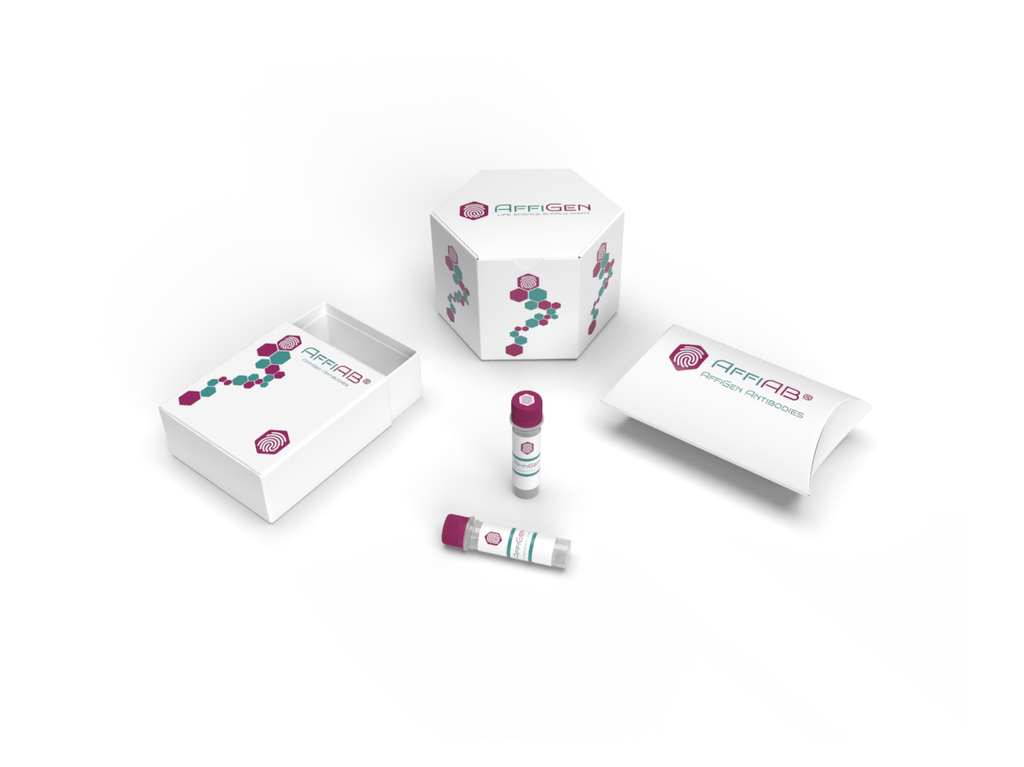AffiAB® Anti-PLGF Antibody
The onset of angiogenesis is believed to be an early event in tumorigenesis and may facilitate tumor progression and metastasis. Several growth factors with angiogenic activity have been described. These include fibroblast growth factor (FGF) , platelet derived growth factor (PDGF) , vascular endothelial growth factor (VEGF) and placenta growth factor (PlGF) . Like VEGF, several PlGF variants have been shown to arise from alternative mRNA splicings. Evidence has suggested VEGF to be an obligatory component in PlGF signaling. While VEGF homodimers and VEGF/PlGF heterodimers function as potent mediators of mitogenic and chemotactic responses in endothelial cells, PlGF homodimers are effectual only at extremely high concentrations. Indeed, many of the physiological effects attributed to VEGF may actually be a result of VEGF/PlGF. VEGF and PlGF share a common receptor, Flt-1, and may also activate Flk-1/KDR.
Antibody type
Rabbit polyclonal Antibody
Uniprot ID
SwissProt: P49763 Human; SwissProt: P49764 Mouse
Recombinant
NO
Conjugation
Non-conjugated
Host
Rabbit
Isotype
IgG
Clone
N/A
KO/KD
N/A
Species reactivity
Human, Mouse
Tested applications
IHC-P, FC
Predicted species reactivity
N/A
Immunogen
Recombinant protein within Human PLGF aa 11-161 / 221.
Storage
Store at +4°C after thawing. Aliquot store at -20°C or -80°C. Avoid repeated freeze / thaw cycles.
Form
Liquid
Storage buffer
1*PBS (pH7.4) , 0.2% BSA, 50% Glycerol. Preservative: 0.05% Sodium Azide.
Concentration
1 mg/mL.
Purity
Immunogen affinity purified.
Signal pathway
Cancer, Cardiovascular, PI3K-AKT
Recommended dilutions
IHC-P: 1:50-1:200
; FC: 1:50-1:100
Molecular Weight
Predicted band size: 25 kDa
Subcellular location
Secreted.
Positive control
Human kidney tissue, mouse testis tissue, SH-SY5Y.
